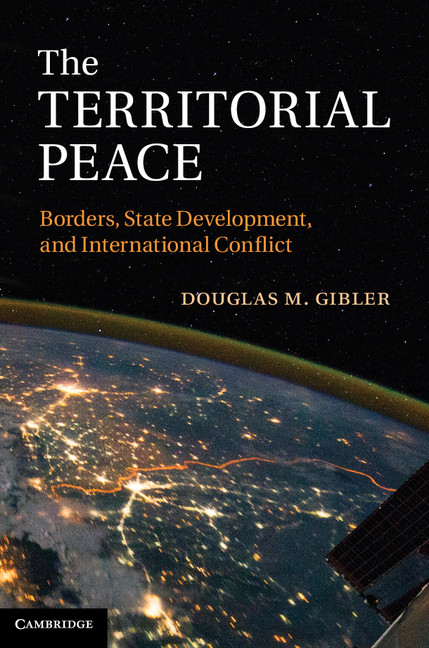|
The December issue of Comparative Political Studies released my paper (with Marc Hutchison and Steve Miller) on individual self-identifications. We use Afrobarometer and World Values Survey data to show that individuals that are targeted by territorial conflict are more likely to consider themselves to be members of their national group; interestingly, individuals in initiating states self-identify with their ethnic or other group. The article demonstrates well the effects of territorial conflict on the individual. Here, it provides additional support for the argument I make in the book that territorial conflict "centralizes" public opinion, even to the point of reinforcing national self-identifications. Here's the abstract, followed by a link to the paper: This article provides some of the first individual-level evidence for the domestic salience of territorial issues. Using survey data from more than 80,000 individual respondents in 43 separate countries, we examine how conflict affects the content of individual self-identification. We find that international conflict exerts a strong influence on the likelihood and content of individual self-identification, but this effect varies with the type of conflict. Confirming nationalist theories of territorial salience, territorial conflict leads the majority of individuals in targeted countries to identify themselves as citizens of their country. However, individuals in countries that are initiating territorial disputes are more likely to self-identify as members of a particular ethnicity, which provides support for theories connecting domestic salience to ethnic politics. That conflict has variegated effects on identity formation suggests the relationship is not endogenous. Our within-case analysis of changes in Nigerian self-identifications further demonstrates that individuals are quite susceptible to the types and locations of international conflict.
0 Comments
Your comment will be posted after it is approved.
Leave a Reply. |
AboutThis blog provides additional commentary on current events and academic discussions on themes related to my book, The Territorial Peace: Borders, State Development, and International Conflict, available from Cambridge University Press, September 2012. Purchase at:
|
|
|
Accessibility | Equal Opportunity | UA Disclaimer | Site Disclaimer | Privacy | Copyright © 2021
The University of Alabama | Tuscaloosa, AL 35487 | (205) 348-6010 Website provided by the Center for Instructional Technology, Office of Information Technology |


 RSS Feed
RSS Feed